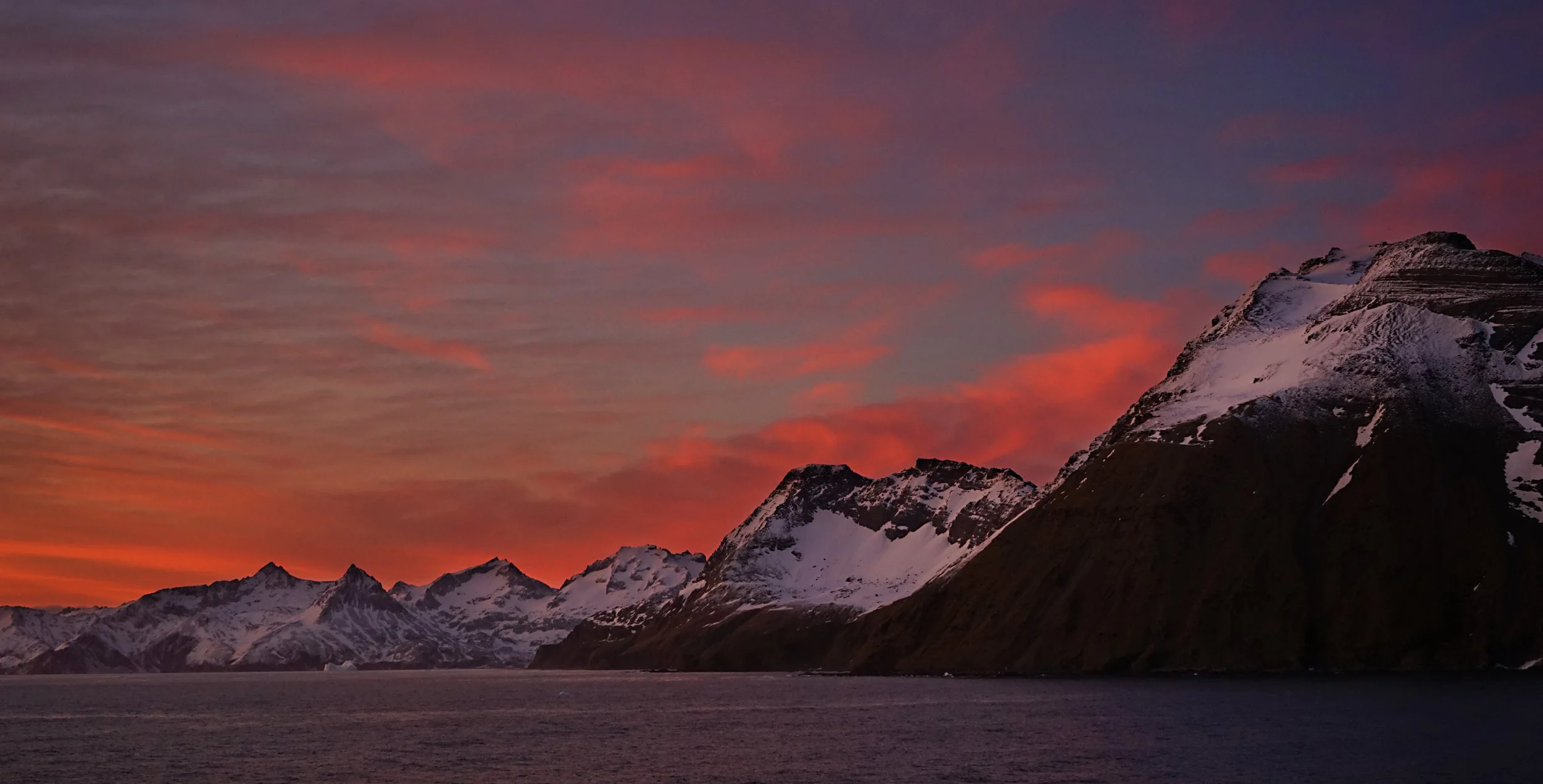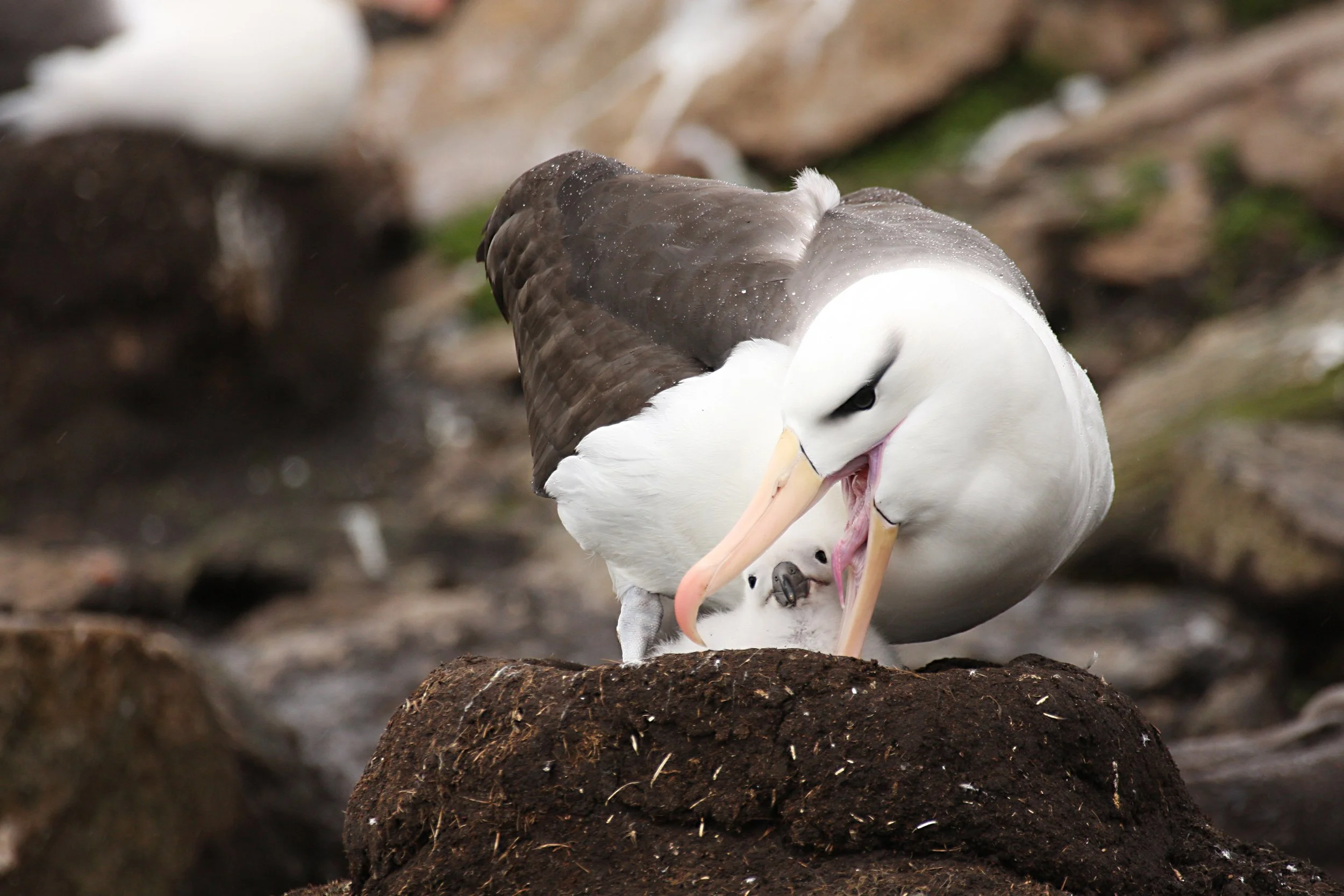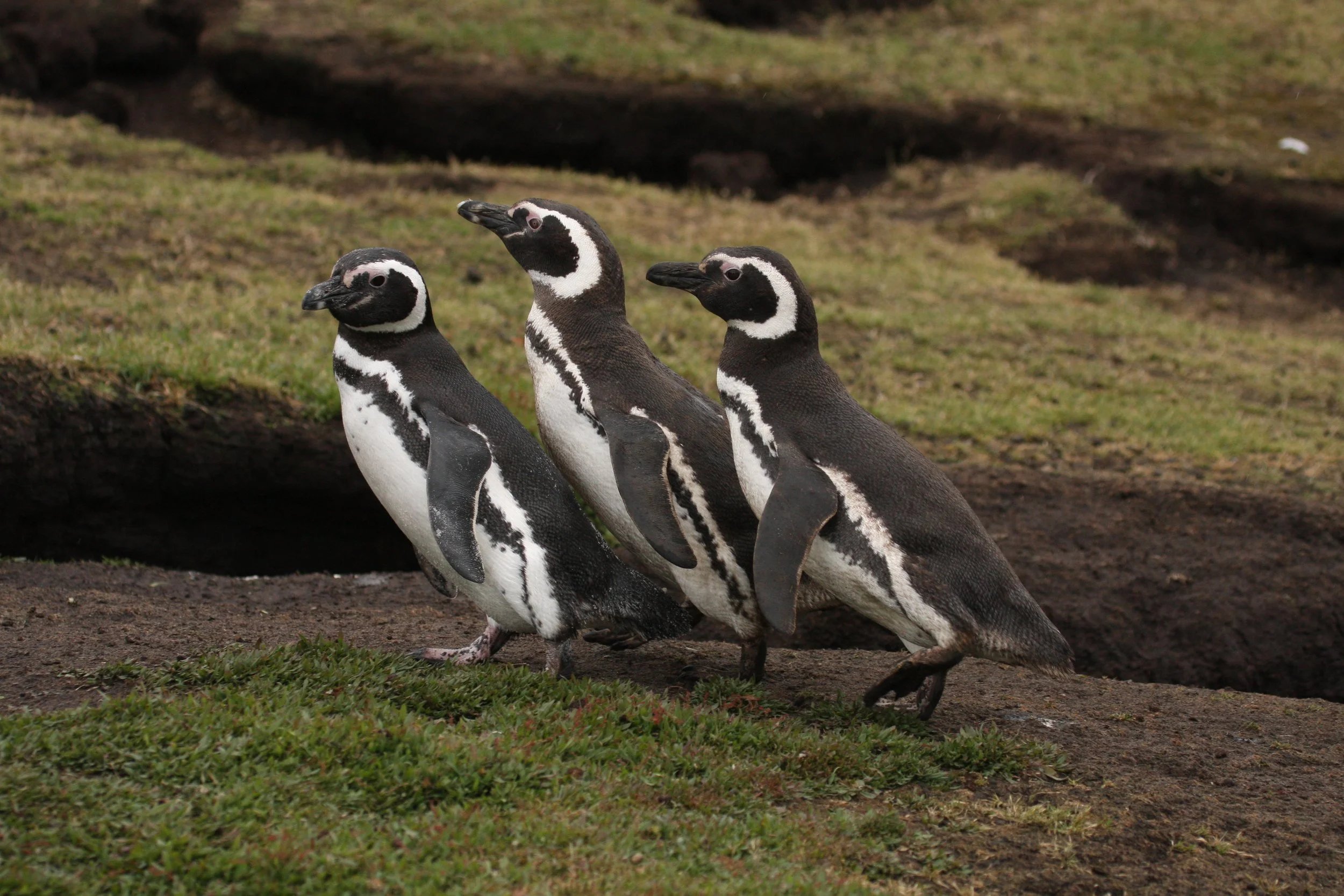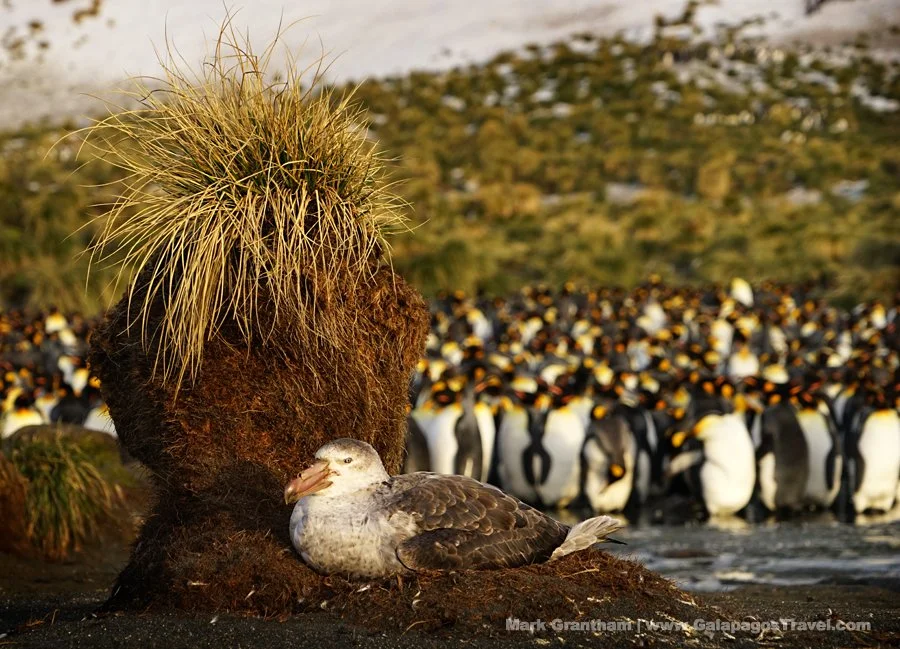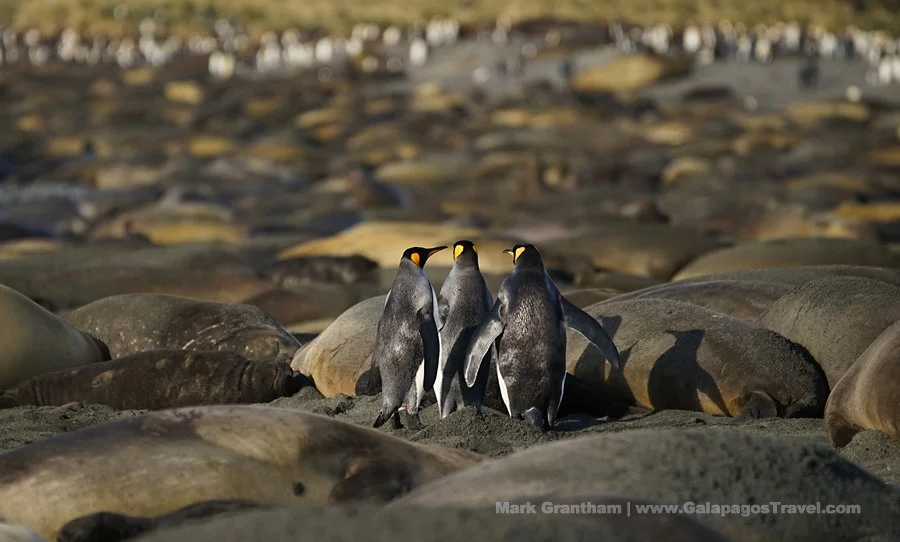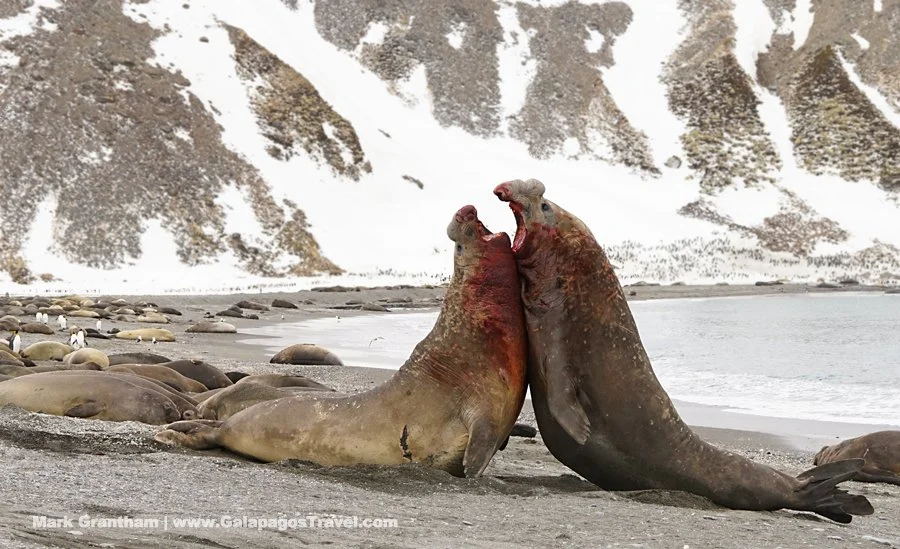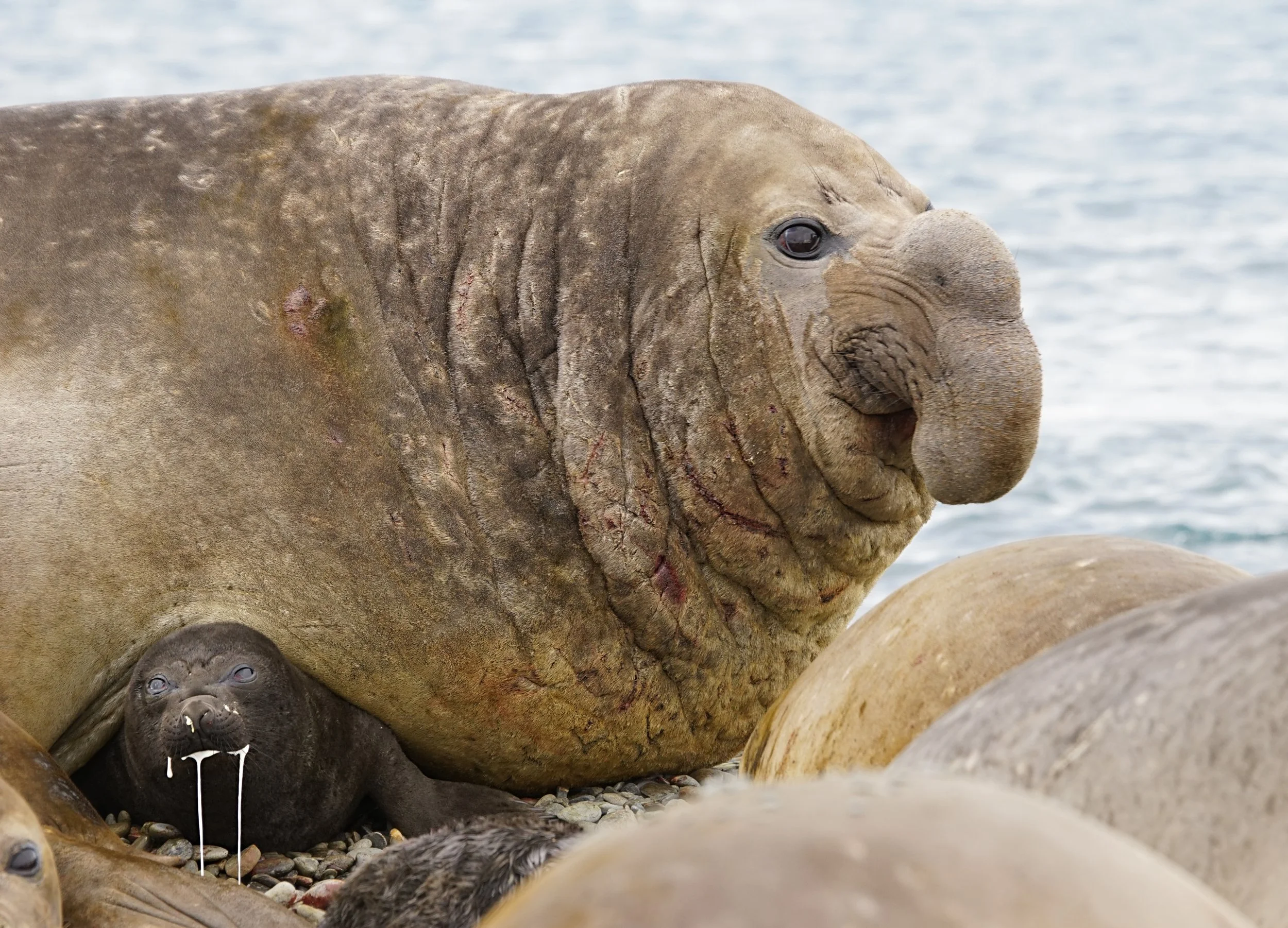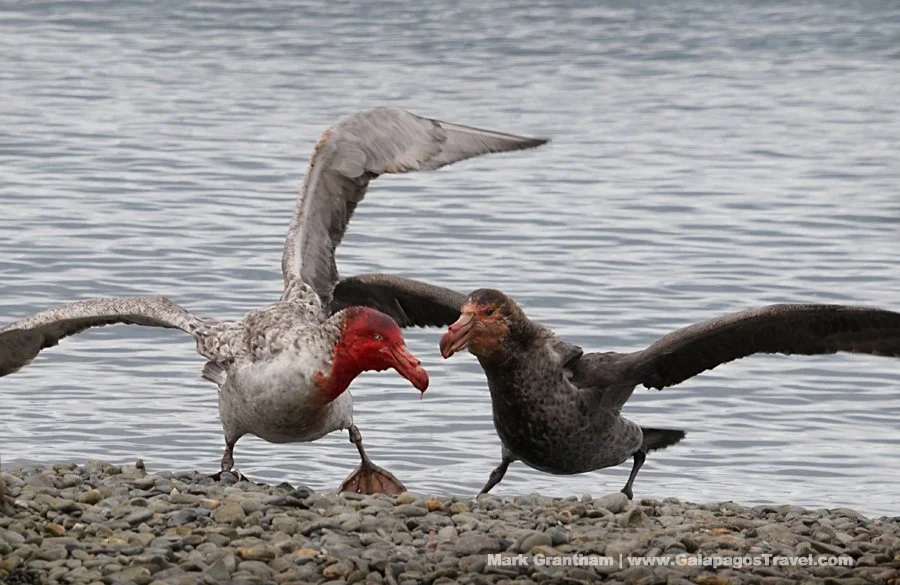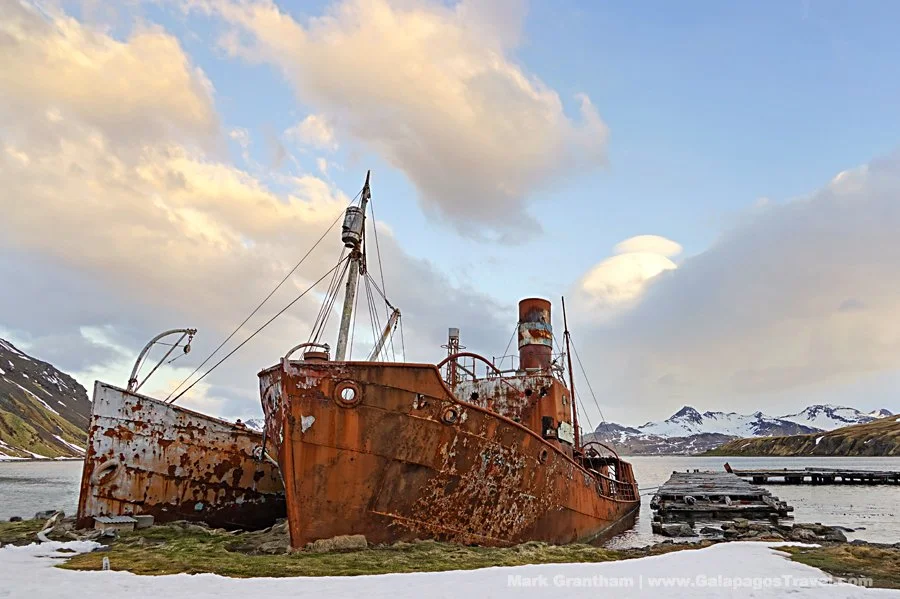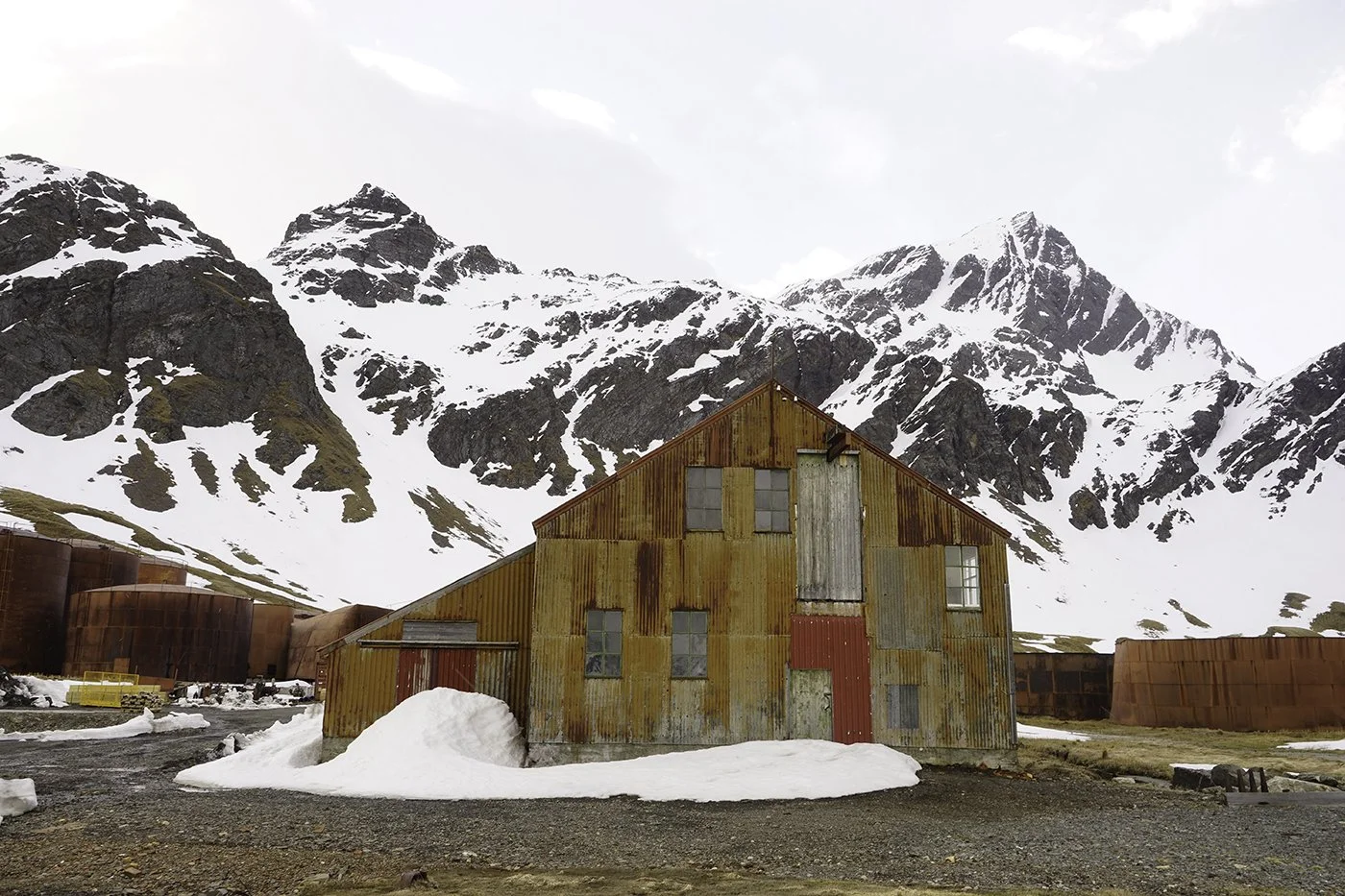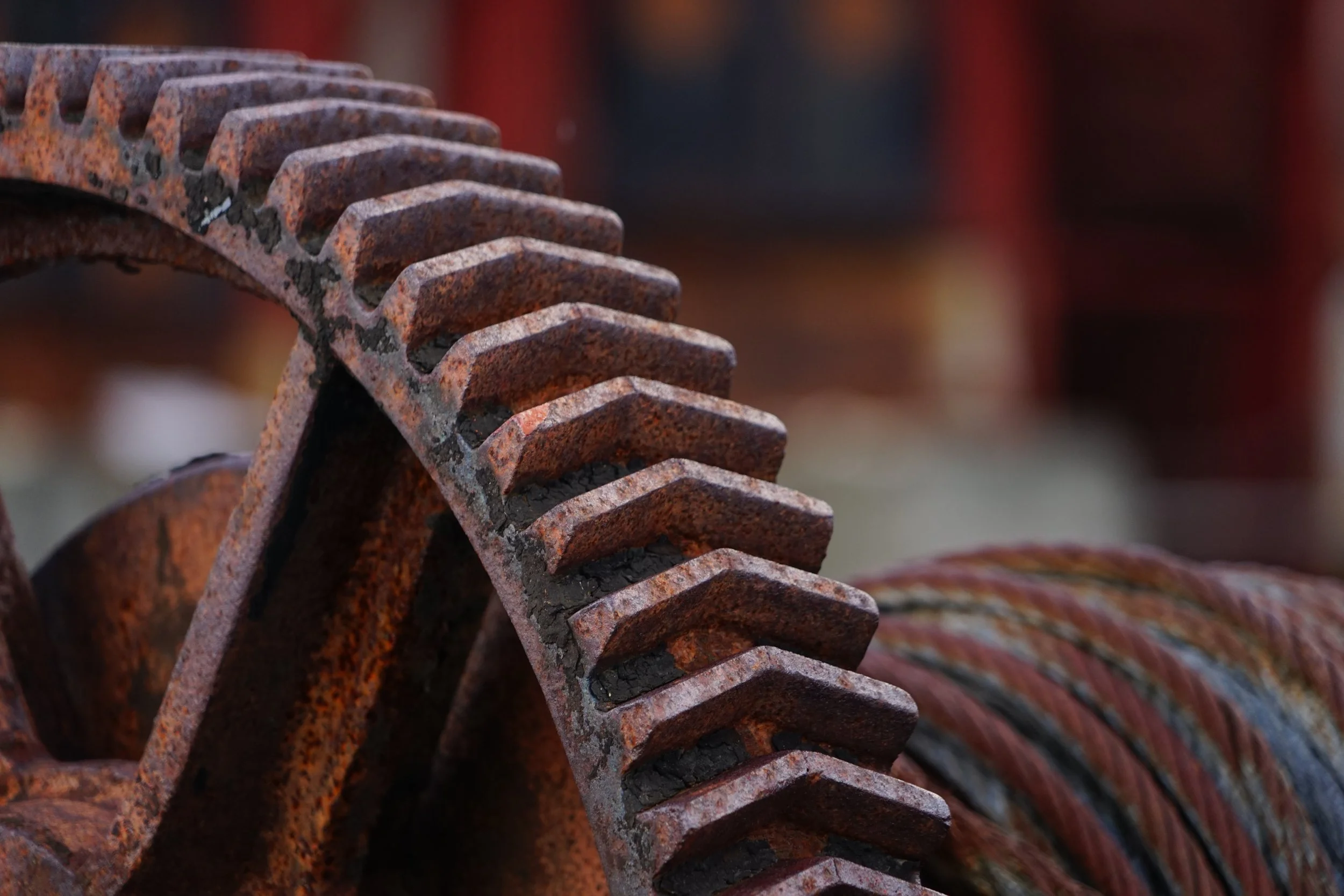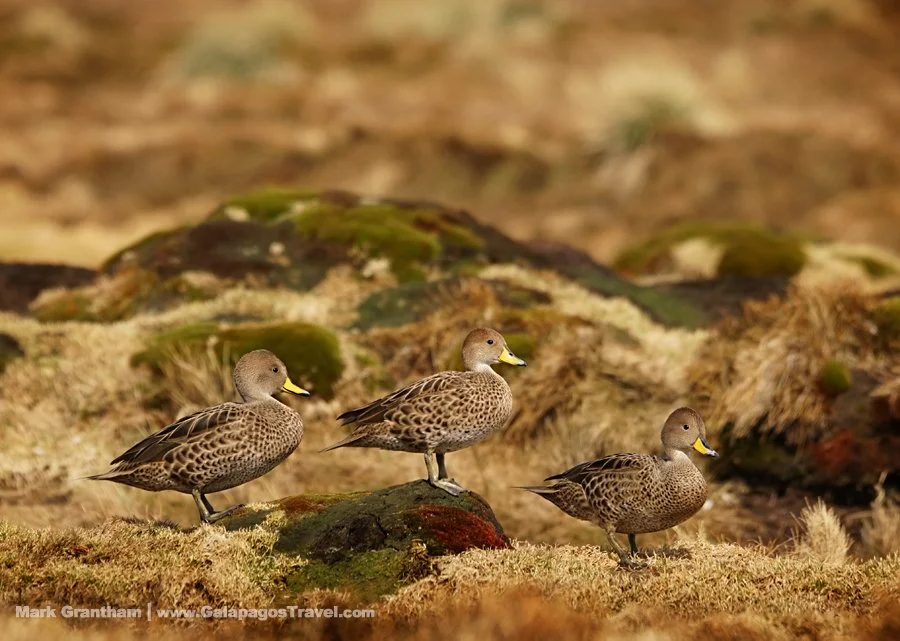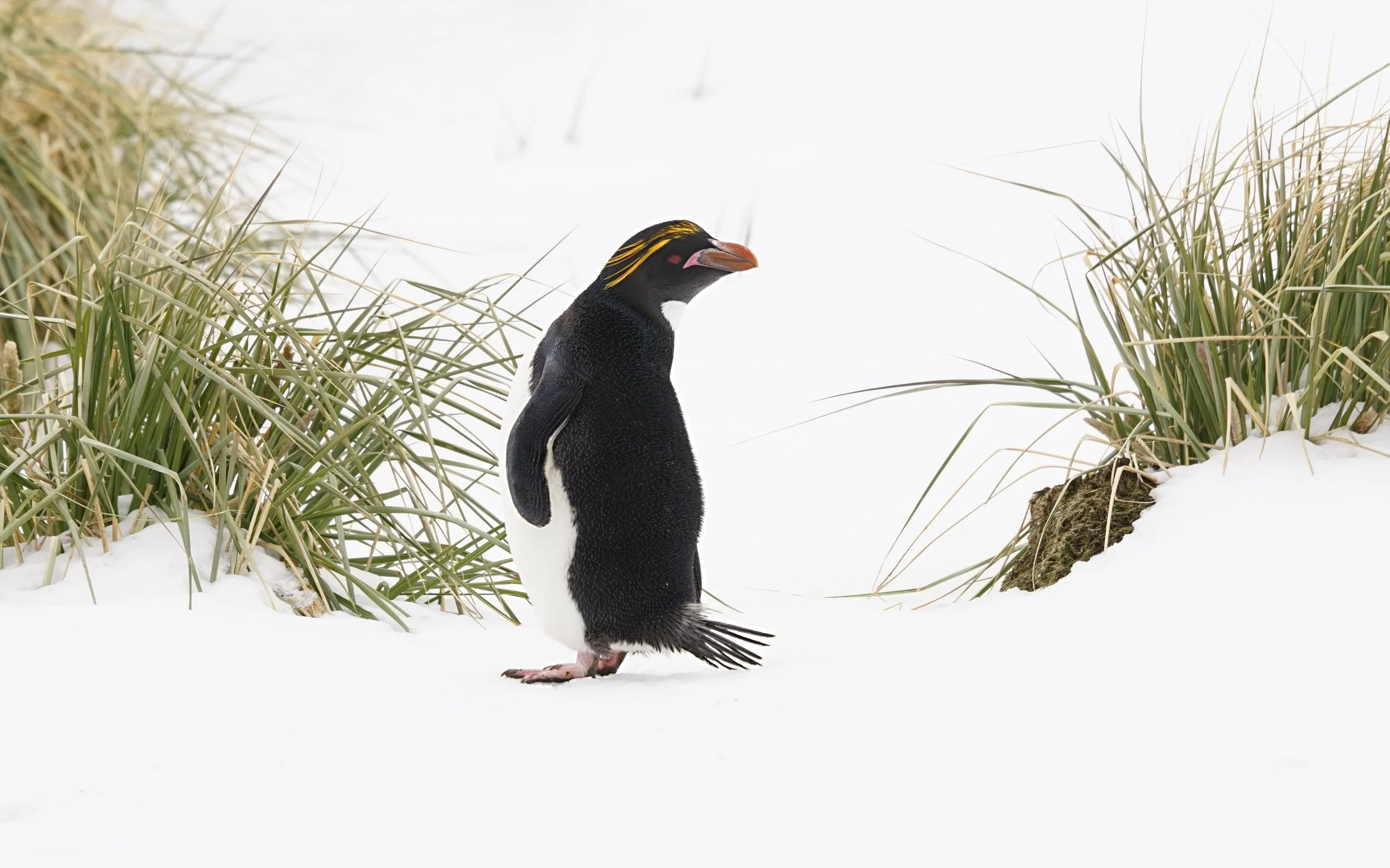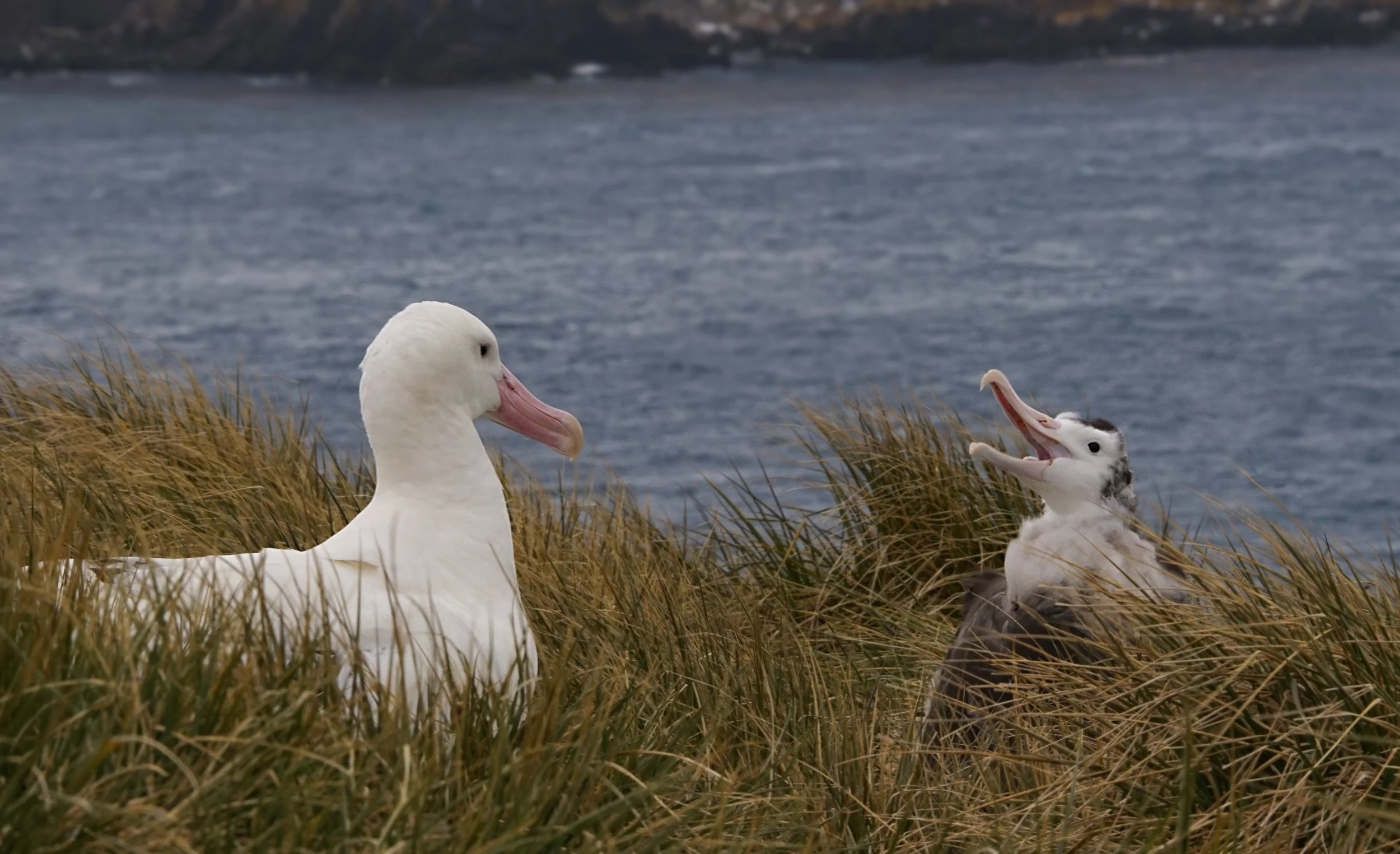South Georgia &
the Falkland Islands
a few favorite images
Falkland Islands (Islas Malvinas)…
This remote archipelago is comprised of hundreds of islands and islets, marked by rugged coastline and beautiful beaches. In addition to a population of roughly 3,500 the islands are home to five species of penguins: King, Rockhopper, Macaroni, Magellanic and Gentoo. Both the UK and Argentina claim sovereignty.
Steeple Jason Island in the Falklands is the largest colony of Black-browed Albatross
Anglican cathedral in Port Stanley
Magellanic Penguins nest in underground burrows they dig into the coastal peat
South Georgia Island…
South Georgia is home to the world’s largest King Penguin colonies… some sites home to well over 100,000 pair!
Giant Petrel nesting beachside
where was the path through the elephant seals back to the colony again?
Southern Elephant Seals are some of the first to arrive each year, with males fighting for territory, and females
beaches can be dangerous places for young pups when a beach master comes through
Giant Petrels are also called “stinkers” because of the habit of eating anything, dead or alive - they will stick their entire head into a seal carcus looking for tasty bits
Grytviken whaling station stands today as a reminder of times past, with rusting building, equipment and ships.
South Georgia pintail ducks were nearly lost before rats were extirpated from South Georgia. They rebounded remarkably fast once given a chance
Early visitors mistook King Penguin chicks for a different species of penguin altogether!
fur seals seem to be born with attitude - they will chase anything that moves, but especially human visitors mid-season
Macaroni Penguins, like most penguins, need an area free of snow to nest. This guy seems to have come ashore a bit early
tiny Prion Island is adjacent to South Georgia’s southern coast, and home to the largest colony of Wandering Albatross - the largest of all albatross species
November sunrise at 4:30am
travel journal text and photography by Mark Grantham